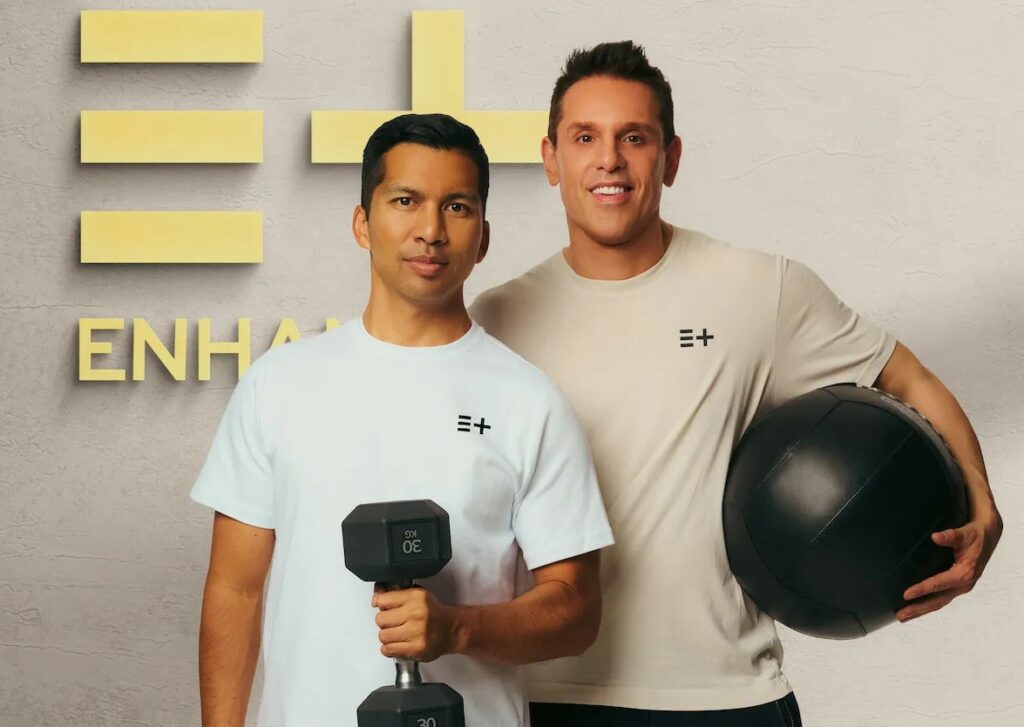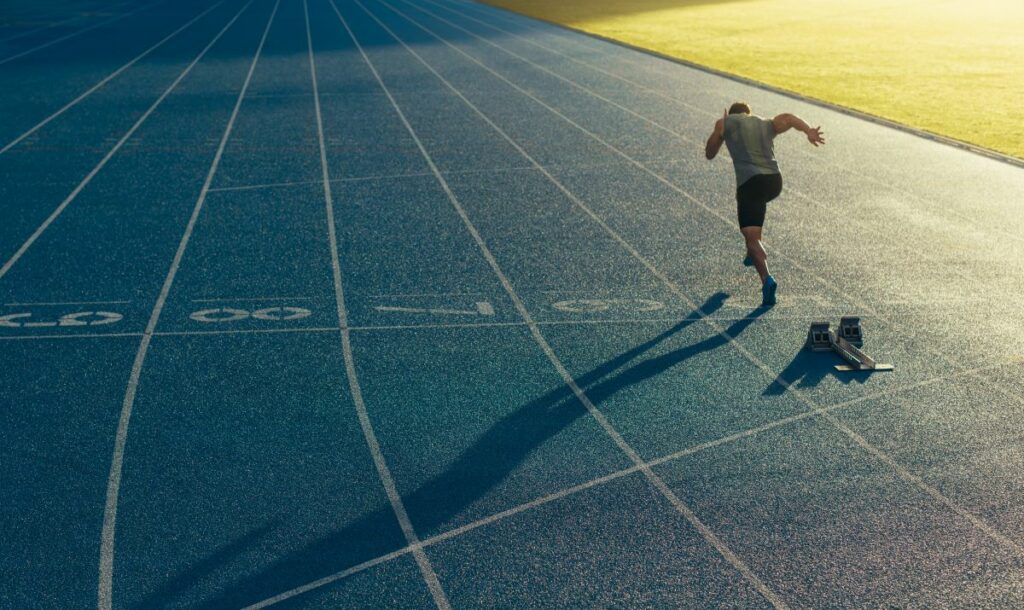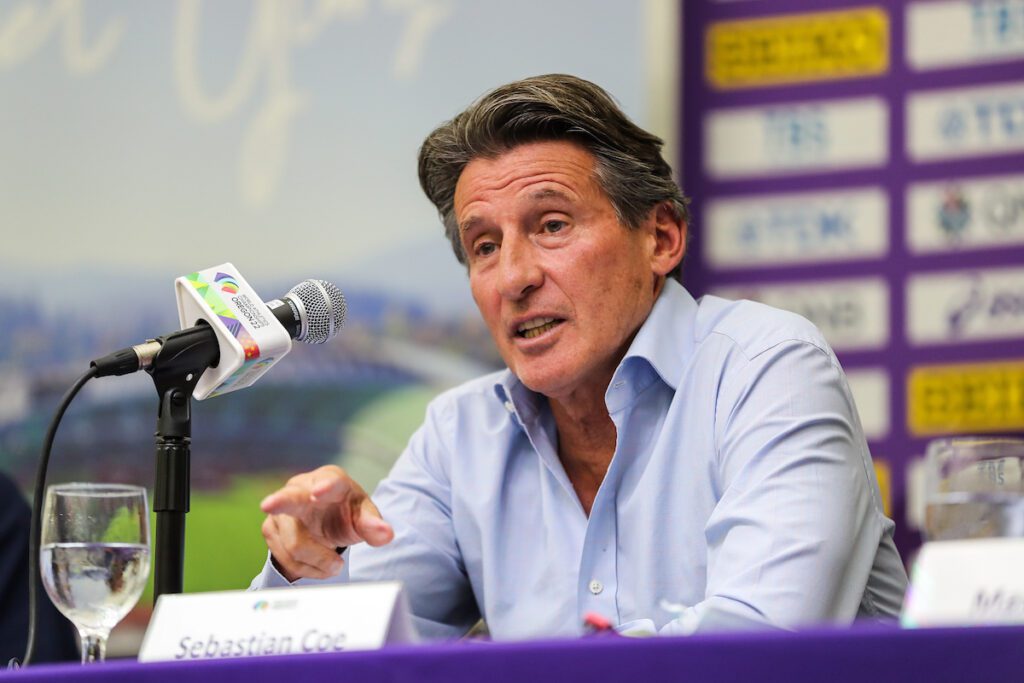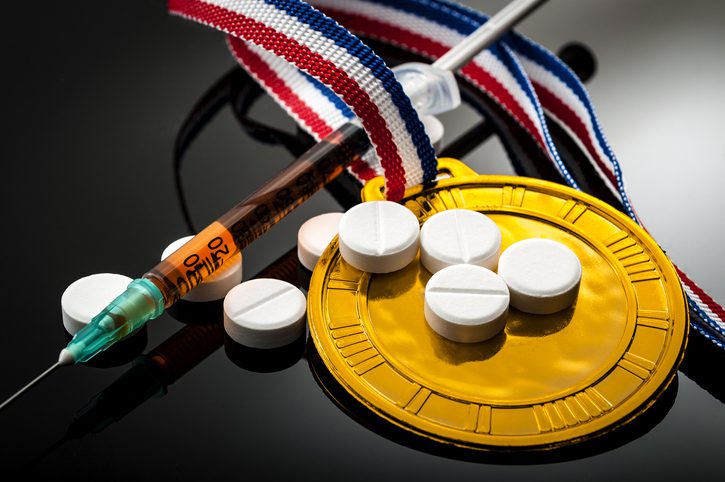[ad_1]
The Enhanced Games (EG) have been a hot topic, and World Athletics president Sebastian Coe has had some choice words for it recently. The frontman of World Athletics has called the doping-encouraged games “bollocks,” and “a dangerous clown show,” but we sat down with the self-proclaimed “Dr. Frankenstein of the sports world,” Dr. Aron D’Souza, to understand more about these abnormal games.
D’Souza says the motive behind the Enhanced Games goes beyond just athletes using drugs. His objective is to design a modernized, science-driven games for social media and broadcast television, which he hopes will appeal to the public’s short attention spans. D’Souza isn’t the only man behind the EG; his concept has attracted several Silicon Valley investors, including German-American billionaire and co-founder of PayPal, Peter Thiel, who has reportedly invested a single-digit million-dollar figure.


“In the summer of 2025, single-day events will be broadcasted where Enhanced Games athletes will target and break world records,” says D’Souza. From there, he anticipates the Games will grow. “We are looking for a host venue and don’t need infrastructure. We want to be a compact Games designed for media consumption.”
D’Souza understands that athletics and swimming are at the forefront of Olympic sports, but he believes that, for the amount of work these athletes have to put in, they are not compensated for it (in comparison to professional athletes in other sports). “They don’t have professional leagues, and get little to no recognition for their performances,” says D’Souza. “The Enhanced Games is a serious opportunity for these athletes for a better financial environment and recognition.”


“World Athletics and World Aquatics aren’t compelling media properties,” says D’Souza. He uses the International Swim League (ISL) as an example. In 2018, the ISL was created as a new professional league and financial incentive for many of the world’s top swimmers. When the league was launched, World Aquatics (previously FINA) shunned all participation, stating FINA athletes who took part would be banned from regular competition. But in 2019, World Aquatics came around to the idea of athletes taking part in non-FINA-sanctioned events, allowing for similar competitions. Coe is taking a similar attitude: at a press conference during the World Indoor Championships, he said that any athlete involved in the Enhanced Games would face a lengthy ban from athletics.
D’Souza says he’s not intimidated by Coe’s words: “Thomas Bach [IOC president] and Seb Coe will just rant at press conferences in empty stadiums,” he says. “I’ve invited them for a debate, but they’ve refused to show up. They are afraid [The Enhanced Games] will take away their fat salaries and castles. They don’t have an argument that’ll win.”
In a recent podcast interview, Coe said he believes athletics will never be 100 per cent clean, due to the low risk (of getting caught) and high reward (winning and money) for athletes in developing countries. D’Souza says he and Coe see eye to eye about this. “That’s why the system doesn’t work,” says D’Souza. “The structure is all wrong. The doping agencies are systemically underfunded. Drug testing does not work, and it still doesn’t work today.”


In the case of the Enhanced Games, doping is encouraged, and it’s up front. “We are creating full disclosure for athletes,” says D’Souza. He argues that performance-enhancing drugs, when used in a way that isn’t detrimental to health, can improve training results and enable athletes to achieve their potential. “When athletes go out there and say ‘I am using this drug to improve my performance’ it will reduce stigma and foster greater engagement.”
If you’re wondering who would sign up for such a stunt, D’Souza reveals there’s no lack of demand. “We’ve had 4,000 athletes come to us directly, and expect 10,000 athletes to apply when applications open for the Enhanced Games later this year,” says D’Souza. “Four of the 10 fastest 100m sprinters in history have approached me. If you’re sitting there waiting out a doping sentence, why not do it?”


Besides sprint events, D’Souza remains optimistic that there will be middle-distance events at the Enhanced Games, and he is not counting out the marathon. “The problem with the marathon is that it’s logically expensive to organize. You have to shut down a city, so there won’t be one in the first edition of the Games,” he says. “We are approaching this from a blank slate. There could be a tug-of-war, but there won’t be an event like the 10,000m. It isn’t interesting, and doesn’t even fit into a broadcast format at the Diamond League or World Championships.”
D’Souza revealed they will be signing a deal with a Hollywood-based studio for media coverage around the Enhanced Games, which will likely be announced in the coming weeks. He believes having media coverage of his Games will change the dynamics around the way doping is seen by the public, as well as impact the future of many major sporting events.
[ad_2]


